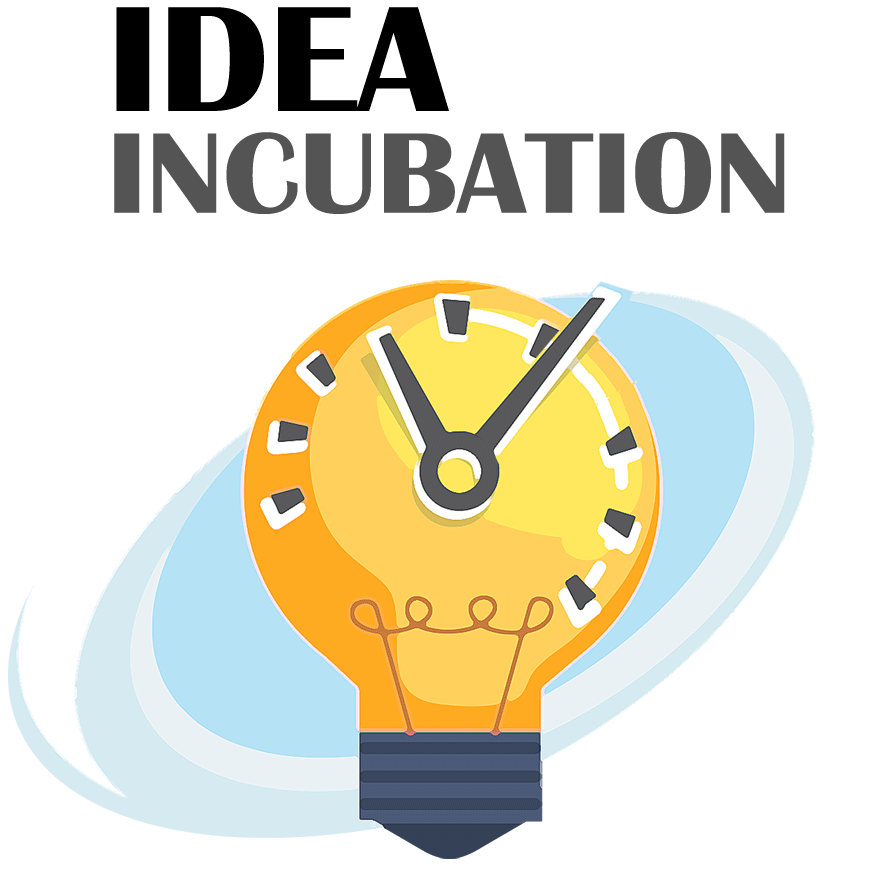

Jason Steed
Owner & CEO
I Don’t Need Multitaskers. I Hire Monotaskers.
When it comes hiring a multitasker, I’ve changed my stance a full 180º. First of all, I’ve come to realize that multitasking is impossible. Our brains can’t actually process more than one thing at once in a useful and efficient manner. Some of our brains might be better at pivoting from one thought to another than those of us who don’t do well with distractions. But there’s something truly valuable to me and my business in employing brains that hone in on the task at hand.
I was interviewing my daughter this week to see if she would be a good fit for a company project. In a tongue-in-cheek way I asked her what kind of animal best describes her work ethic. She thought for a bit and suggested she’s a lot like a beaver. I said, “That’s great, beavers are dedicated workers and great at focusing on tasks at hand, much more so than something like a meerkat who seems to always be multitasking.” She wanted to rescind her answer, thinking that a multitasker seemed like a good attribute on a resume. I assured her I was looking for a mono-tasker, not a multitasker.
Multitasking vs. Monotasking
We may think of monotaskers or “single-taskers” as people who have a hard time shifting their mindsets to respond to a variety of projects and tasks. That challenge would describe somebody who is a “dweller” or has a myopic approach to problem solving. But in truth, dedicated attention is the precursor to original ideas. On the other hand, multitasking effectively reduces productivity by up to 40% according to Gloria Mark, a professor in the Department of Informatics at the University of California Irvine.
If you are bouncing between three different tasks, your mind will be divided between those tasks. So only a third of your brain-power will be geared toward each task. When the entirety of your attention is dedicated to one task, you will have the mental capacity to explore fresh new ideas instead of churning out the same tired results time after time.
Higher quality of work isn’t where the benefits of monotasking end, however. Far from it. According to PowerofPositivity.com, monotasking can improve many aspects of your life, not just your work. While improved productivity is directly related to work, single-tasking can also promote self-discipline (finally find the will power to stick to that low-carb diet you’ve been meaning to try,) increase your commitment to whatever you’re working on, and improve your attention span (focus longer when you sit down to read a book and unwind after work or when you’re slogging through one last project at 4 p.m. on Friday.) Monotasking can even make you happier.
Changing the Way we think about Multitasking
I compare single and multitaskers to different settings on a garden hose attachment. On the “shower” setting it can appear that we’re doing a better job of covering all the dead spots in a productive way. After all, we’re saturating a little of everything. But a closer look reveals that areas of the lawn are getting watered that didn’t actually need it. And those areas that need the water are not getting as much as needed. Turning the dial to “jet” gives us the ability to assess and apply the right amount of water to the right spots.

But there’s a deeper value to monotasking that I want to share. I call it “idea incubation.” I’ve seen first-hand the brilliant ideas come from my staff with their ability to focus on a task or challenge then question, deconstruct, and challenge the obvious answers. Great ideas come about through various means. Sometimes we have to shift gears to let the original ideas fester for a while. The ability to monotask means the ability to remove our attention fully from a task and return to it later. I’m convinced that cognitive removal makes the creative magic happen. It’s hard to pinpoint why this works, but I’ve seen the positive results of idea incubation time and time again. It’s a powerful asset to creative problem solving.
Are you a multitasker or a monotasker? Can you switch?
Yes, you can absolutely hone your mono-tasking abilities. If you consider yourself a multitasker, there are a few easy steps to reframe your brain to be less scattered. Here are a few ideas that I’ve seen to be effective for many people:
No-distraction time blocks
Mute digital alerts for a set amount of time (say, 15 minutes) for tasks that deserve your focused attention. This includes email inbox audio and visual alerts. Step away, or quit your email application. It will be okay, I promise!
Set mini-milestones
Define what it is that you want to accomplish with a given task. This objective can be reduced to its simplest form, such as: Fill half of a blank page with sketched ideas. or: Write 5 sentences that define a product’s benefit. or: Separate out the tools required for a creative project. For example: Commit to ignore copyediting while you sketch visual concepts. or: Develop your phase 1 logo ideas on paper, or only using a black and white palette. I’m certain that these bite-sized tasks will help you hone the focused advantages that your brain is absolutely capable of.
In short, monotasking is sustainable and promotes curiosity in a variety of projects. Our team stays agile and adapts well to new creative challenges every day. I’ve modified my job descriptions to say “I’m looking for a team player who’s a strong monotasker.”
